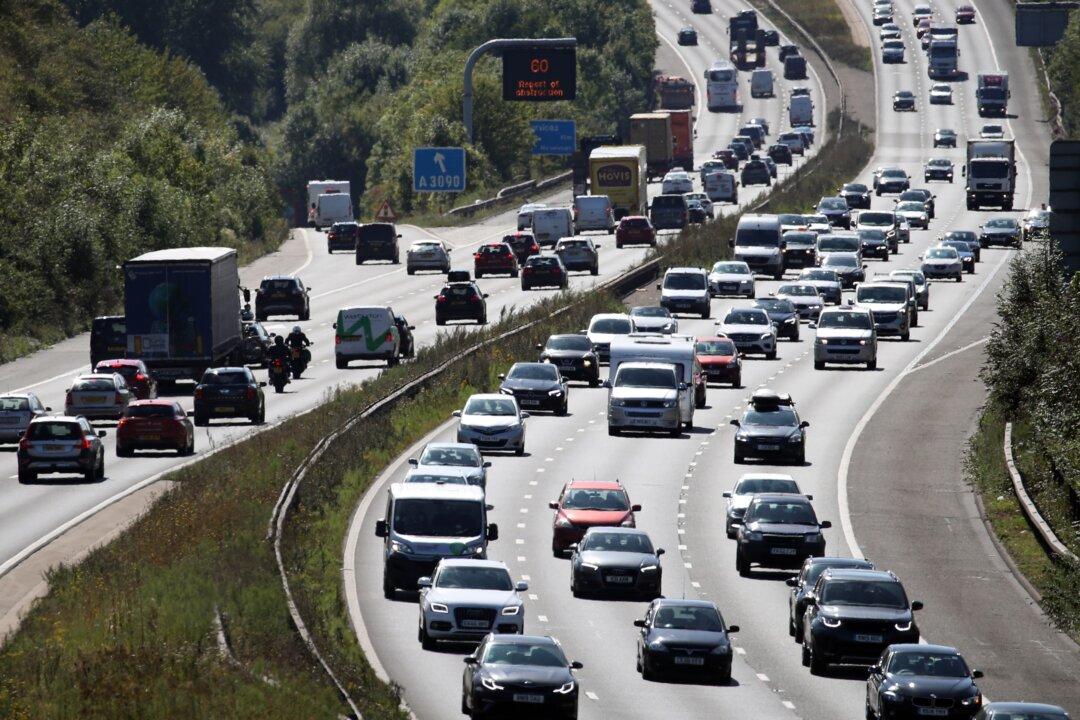Remotely driven cars could make it easier for terrorists to launch attacks as they can avoid being in a crash or facing their victims, the Law Commission said on Friday.
Cybersecurity, in general, is also “an issue of acute public concern,” the Commission said, noting that the Society of Motor Manufacturers had said failure in this area may “undermine public confidence in the technology” and also “present genuine risks to public safety.”





